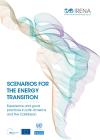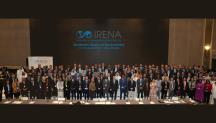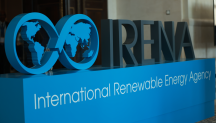

Scenarios for the Energy Transition: Experience and Good Practices in Latin America and the Caribbean
Newsletter
También disponible en Español
Latin American and Caribbean (LAC) nations have used long-term scenarios and energy planning tools to inform national planning for decades, providing excellent examples of how governments can make strategic use of such scenarios in the context of complex clean energy transitions. When the right institutional framework is in place, they can assess alternative pathways to accelerate the use of renewables toward just and sustainable energy systems, while also contributing to public debate and supporting consensus on desired outcomes in the LAC region.
This report summarises such examples presented throughout the webinar series, “Long-Term Energy Scenarios (LTES) for Developing National Clean Energy Transition Plans in Latin America and the Caribbean”. It presents key findings and recommendations that are broadly relevant to Latin America and the Caribbean, as well as to stakeholders attempting to improve their planning processes across the world. Good practices are categorised under three main pillars: strengthening scenario development; improving scenario use; and identifying capacity-building approaches.
Key findings:
- The LAC region is developing energy scenarios with a broader scope that goes beyond techno-economic criteria.
- A number of LAC governments are developing increasingly integrated and long-term energy scenarios linked to their climate goals.
- There is growing emphasis on participatory scenario development as part of energy planning processes in the LAC region.
- The long-term scenarios analysed by LAC countries are increasingly based on larger shares of renewables in their energy mixes and on more efficient energy consumption.
- Transparent energy data and statistics are crucial to the development of more reliable scenarios.
- The support provided through international co-operation has been crucial in enabling many LAC countries to develop energy scenarios for medium- and long-term energy planning.




